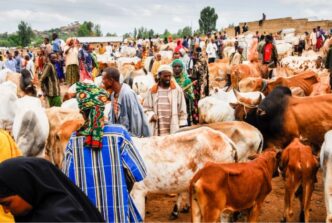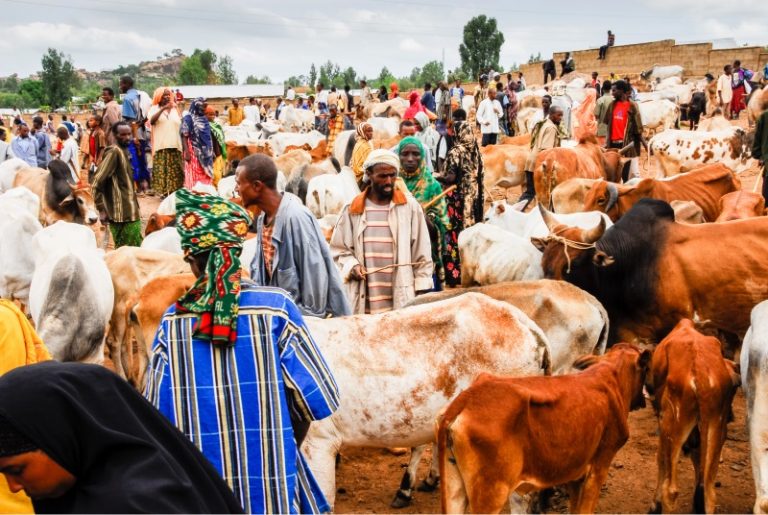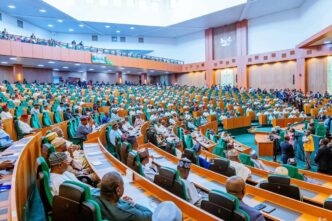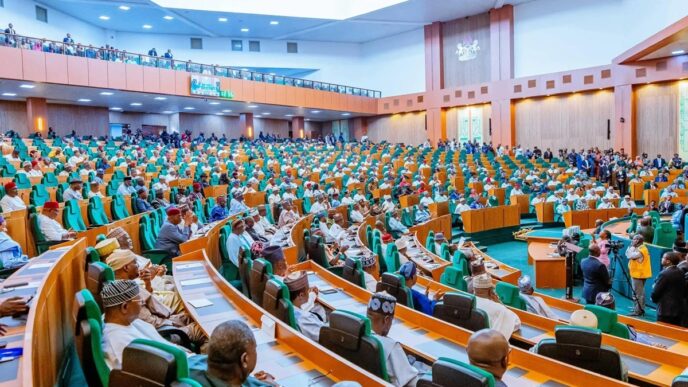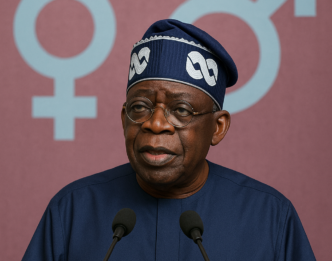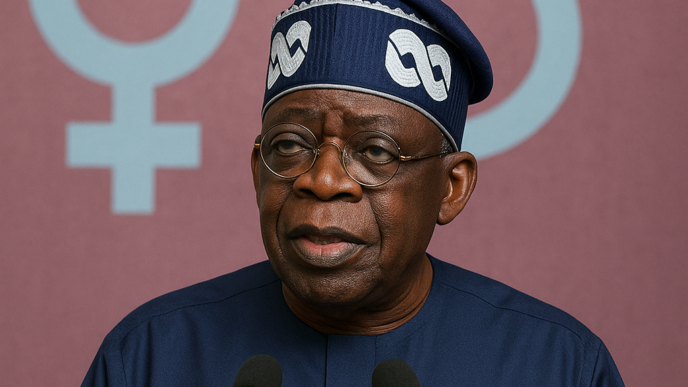The Nigerian Government has unveiled a comprehensive National Livestock Policy Framework aimed at transforming the livestock sector, boosting food security, and improving the livelihoods of farmers across the country.
The policy, developed by the Federal Ministry of Agriculture and Food Security, sets out strategic plans to modernise livestock production through better breeding, disease control, and infrastructure investment. Officials say it marks a major step towards addressing long-standing challenges in animal husbandry and reducing conflicts between herders and farmers.
Speaking at the official launch in Abuja, Minister of Agriculture and Food Security, Senator Abubakar Kyari, said the framework provides a roadmap for sustainable livestock development that integrates innovation, climate resilience, and private-sector participation.
“Our goal is to transform the livestock industry into a profitable, sustainable, and peaceful component of Nigeria’s agricultural economy,” Kyari stated. “The policy will promote value chain development, enhance productivity, and ensure that livestock contributes meaningfully to national food security and export earnings.”
The framework covers key areas such as ranching systems, animal health services, feed production, processing facilities, and market access. It also emphasises the use of technology, including digital tracking for animal identification and mobile veterinary services, to improve efficiency and accountability.
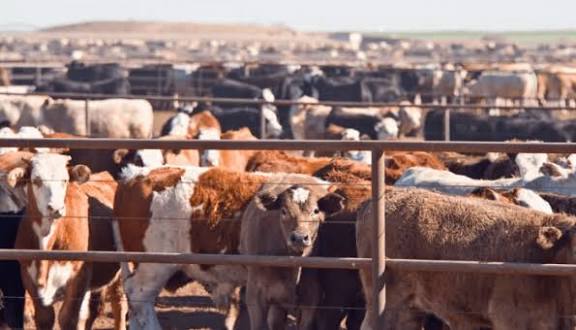
Kyari revealed that the new policy aligns with President Bola Tinubu’s Renewed Hope Agenda for agricultural transformation, which prioritises food self-sufficiency and rural development. He noted that the livestock sector, currently contributing around 7% of Nigeria’s agricultural GDP, has the potential to grow significantly with proper regulation and investment.
The minister highlighted plans to work closely with state governments, local councils, and traditional institutions to implement the policy effectively. He also announced the establishment of a National Livestock Development Council to oversee coordination and ensure compliance across the federation.
Experts welcomed the policy as long overdue, noting that Nigeria’s livestock industry — comprising over 20 million cattle, 40 million sheep, and 70 million goats — has remained underdeveloped despite its huge potential. Recurrent issues such as poor grazing management, animal diseases, and conflicts over land use have limited productivity.
The new framework also incorporates measures to promote gender inclusion and youth empowerment, providing training and funding for smallholder farmers and entrepreneurs in the livestock value chain.
Development partners, including the Food and Agriculture Organisation (FAO) and the African Development Bank (AfDB), pledged technical and financial support for the policy’s rollout. They commended Nigeria’s commitment to shifting from subsistence livestock keeping to a commercially viable, environmentally sustainable model.
According to the ministry, the implementation phase will begin in 2026, focusing on pilot ranching projects, improved veterinary services, and nationwide vaccination campaigns.


 Trending
Trending 
